How It All Started w/ TRP Founder: Krista Barnes

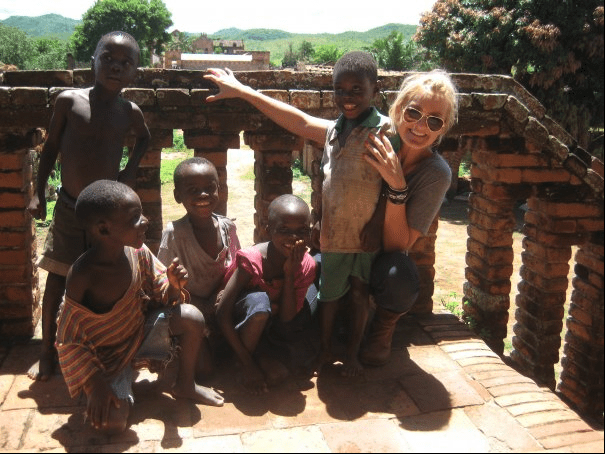
I graduated from UCLA in 2004 with a BA in International Development Studies and Cultural Anthropology. At 25, I found myself caught between the excitement of graduating and the struggle of not finding work in my field. Searching for passion, I was guided by one of my professors, who encouraged me to explore an opportunity with a charity organization in Africa. After proposals, classes, and fundraising, I traveled to Zambia to spend a month working in a refugee camp.
That month became the catalyst for The REEL Project. I was deeply moved by the people I met—their stories, strength, and joy despite poverty. I returned to the U.S. with a clear purpose: to create something simple that gave more, took less, and responded directly to immediate needs. I knew many people wanted to give, and I had seen firsthand the endless need—so why not connect the two?
Thus, The REEL Project was born. TRP is about asking what’s needed right then and there, raising funds after visits, and delivering directly to those communities.
In 2008, The REEL Project became a 501(c)(3) nonprofit. Harder than any class I had ever taken, but worth every tear. Our first trip was a return to the same refugee camp, where re-establishing trust and connection reaffirmed our mission. After weeks of research, funerals, school fees, and filming, we came back to California determined to continue the work.
TRP’s First Humanitarian Film, “Today We Pack, Tomorrow We Settle”
TRP’s First Humanitarian Film, “Today We Pack, Tomorrow We Settle”
When I was in the Kala refugee camp in the Kawambwa Province of Zambia, I met Willy Baanza – someone I will NEVER forget. He taught me, amazed me, with his understanding of life. Willy was ‘assigned’ as my official translator when I first visited the Zambian refugee camp. Every day, despite the sickness or the weather or the exhaustion, Willy – with his smile – was ready to go. It was always, “daKrista (da is short for ‘dada’ which means ‘sister’ in KiSwahili), what is our program today?” On our last day, I promised him that I would return. Willy laughed at me, saying, he appreciated the thought but, “They all say that.” Because, despite wanting to return; no one ever does.
Willy was a refugee. And, he has lived quite the life. Being chased from his home and his village. Losing his wife to soldiers. Taking in 3 orphan refugees to whom he only wanted to be the best father and example to them. Willy was a tall man, a former basketball player – and educated. Through a program offered by the United Nations High Commissioner for Refugees; Willy earned himself a degree at the University of Lusaka, Zambia. He spoke more than 4 languages and 6 dialects.
Today We Pack, Tomorrow We Settle
“The REEL Project: Vimeo Upload”
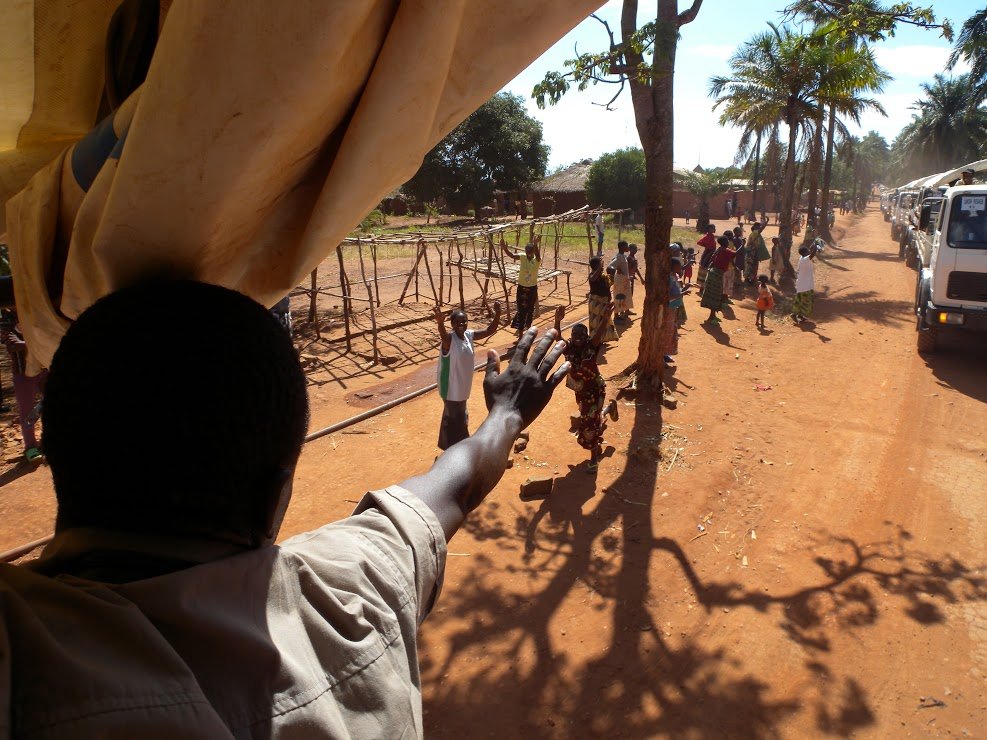
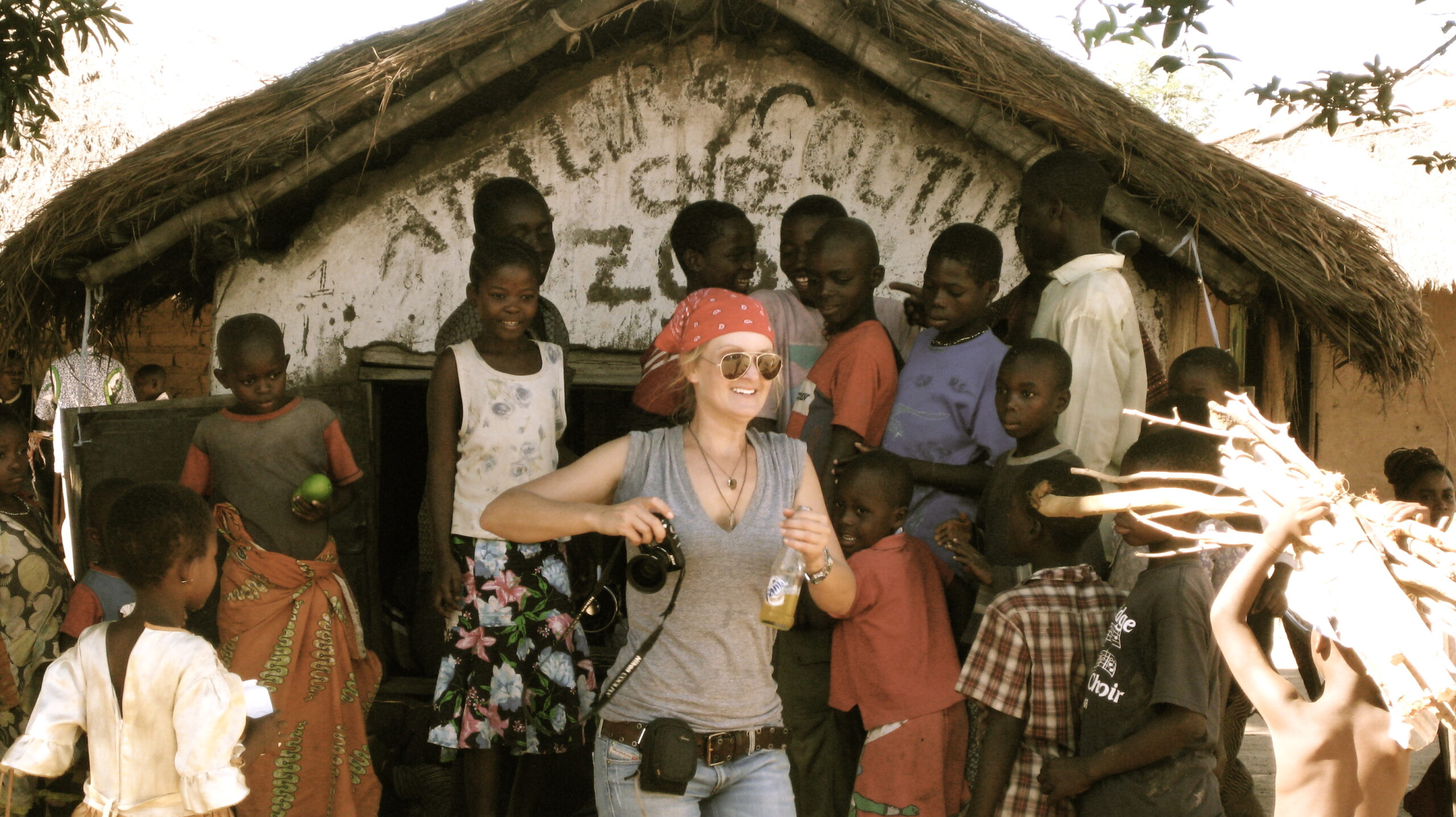
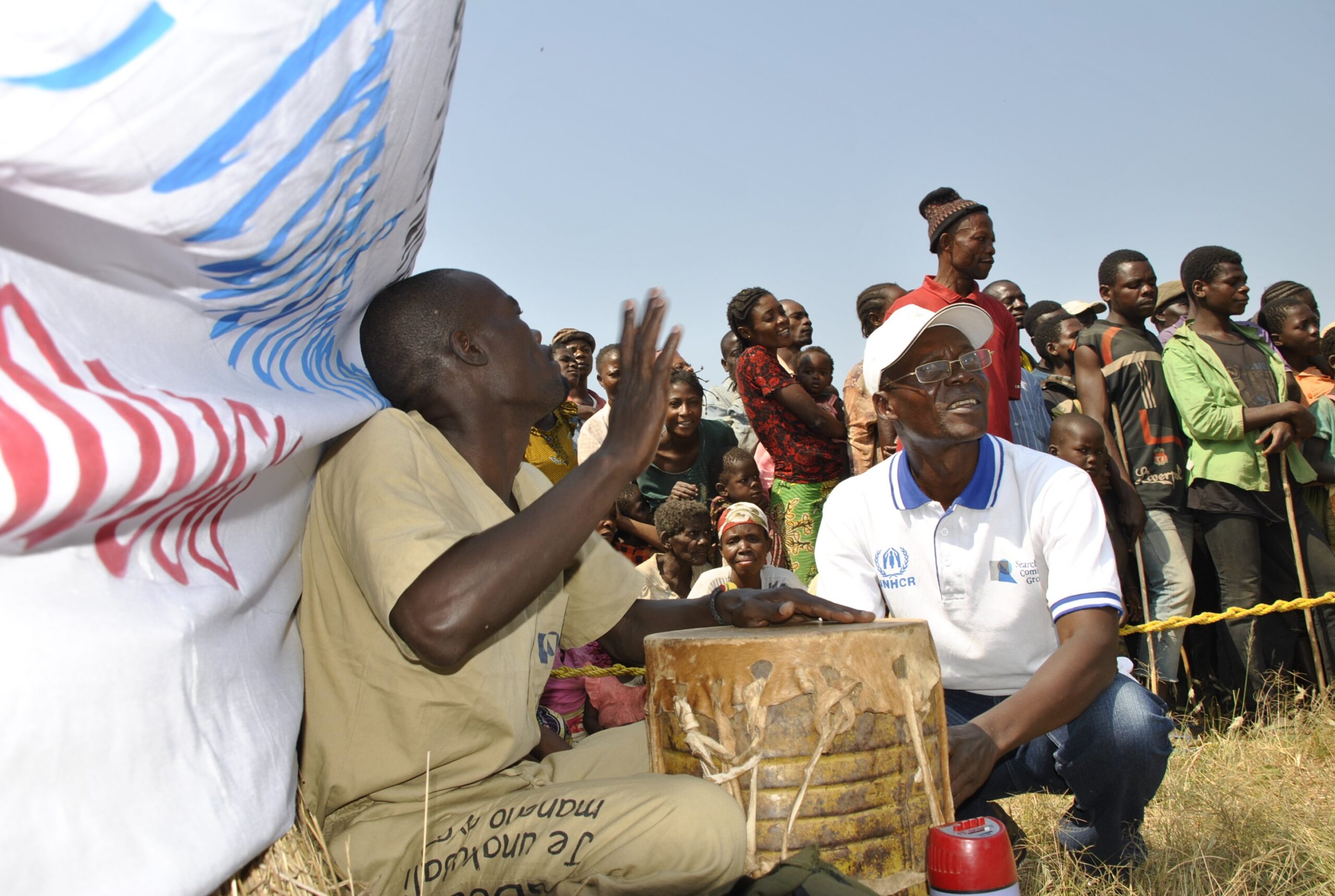
The Return: One Year Later…
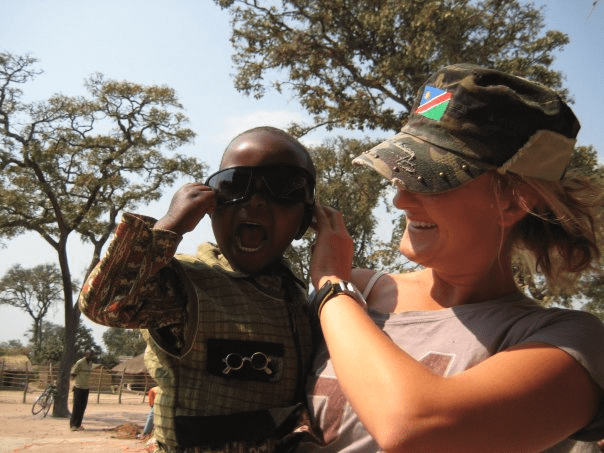
Less than a year later, I returned.
I went straight back to Willy’s house where I was greeted with open arms, tears and much food. Willy’s life changed that day, and so did mine. In the following hours, weeks, months; we discussed a lot, we cried, we shared, we pondered and we sulked, but most importantly, we made work happen. With the honor of having Professor Apter among us, we documented these works, these talks, and came to understandings and conclusions that solidified our intentions.
If you want to go fast, go alone. If you want to go far, go with others. – African Proverb
Having arrived in Zambia with the thought, not the direction, of exactly where we were going, we relied mostly on the assistance of friends/colleagues we met along the way. Anything from a blanket, to petrol, a ride to a phone call – even a helicopter gave us a lift once. It is quite impossible to get anything done in Africa, alone. Together, we went far. With the support of others, stemming from the UNHCR, IOM, World Vision, SFCG, UNHAS, MONUC, ACTED, WFP (the list goes on and on)…we were able to complete a film that changed lives beyond our own.
How did this film change lives within the refugee camps? Within 6 months since the initial screening of our film, almost half of the Kala Refugee camp signed up for repatriation.
Willy told me of the constant packing and settling in the life of a refugee, “It was always packing, and going, and then tomorrow we will settle; never today.” Our first humanitarian film was made to inspire a settle – a one last pack. And so, with that, we called our film, “Today We Pack, Tomorrow We Settle”.
